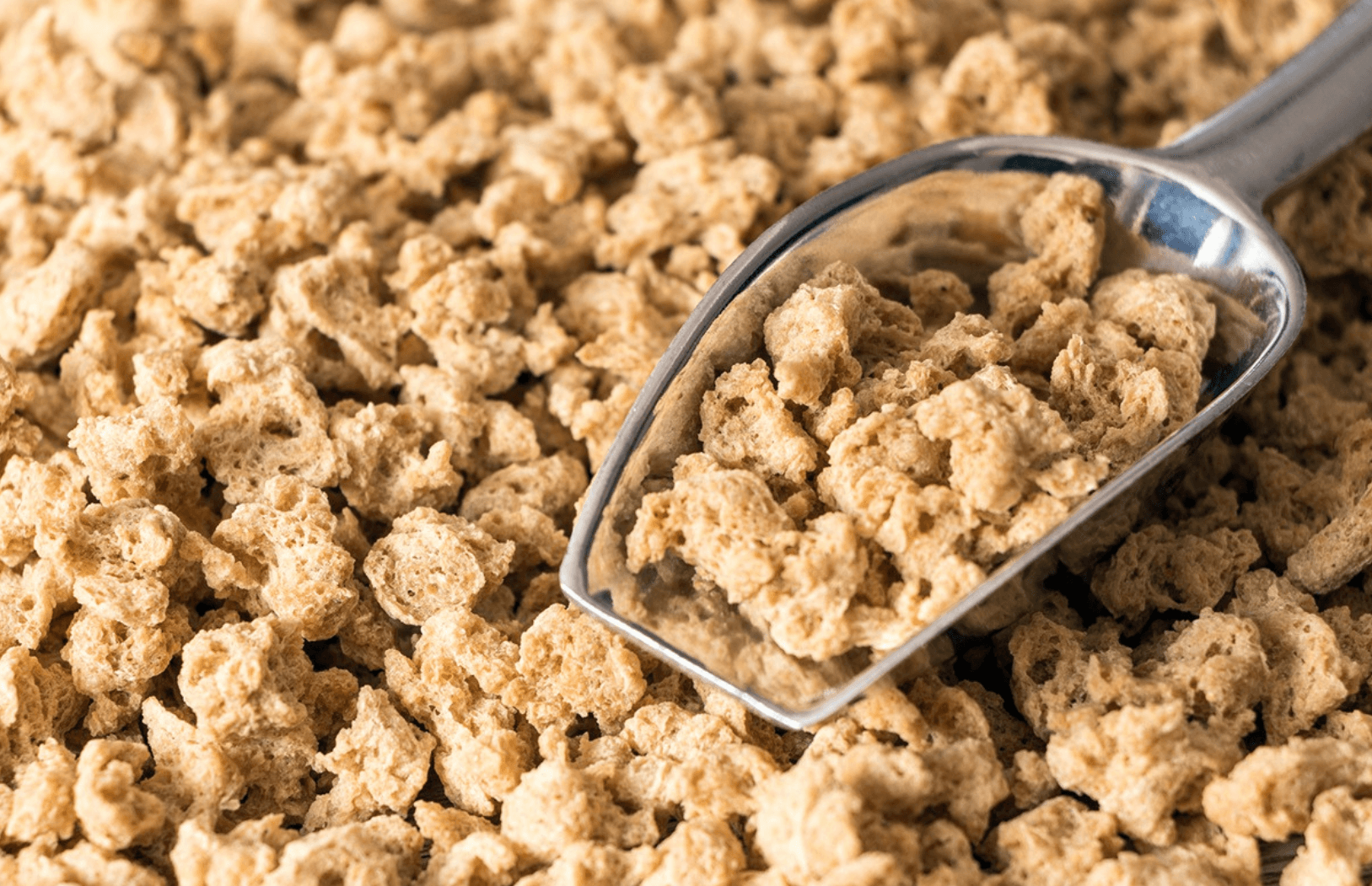Home Herbal Gardens, healing communities and the planet
In a small village of Kanker, Chattisgarh in central India, amidst fields of maize, lentils and vegetable patches, demarcated with walls of old sarees winded through sturdy shrubs is a rectangular plot of land, a Home Herbal Garden.
This garden maintained in all its glory, is a living testimony of healing wisdom, perseverance and commitment to community service at the home of Rajeshwar Salaam, a Traditional Community Healthcare Provider (TCHP).
My visit to his home was an official one, being evaluation team member of Voluntary Certification Scheme of Traditional Community Healthcare Provider (VCSTCHP) on a field-assessment task, to assess the community-acceptance, practical demonstration of skills and check up on the medicinal garden the applicant said he maintains. Our team finished up the assessments and lastly walked out to see his medicinal plant garden. While most of the medicinal plants grown in the herbal garden were those used in Ayurveda, I spotted some medicinal plant species indigenous to the area, the names of which Rajeshwarji explained to mein chattisgarhi.
We discussed the medicinal uses of plant species in the garden, some of it which I knew as an Ayurveda Physician, while a few remedies, new information i learnt. Something that stayed with me from the visit was how the small patch of land with its colourful polyester saree-clad walls was a peg board for recycling, reusing, conservation of biodiversity, preserving local health traditions and community service nurtured with care, used with pride of one’s cultural heritage,providing accessible, affordable and sustainable primary health care solutions. Let me also share this, Rajeshwarji’s efforts of a well-maintained herbal garden were not just appreciated by the community he serves with herbal remedies but also recognized by the Gram Panchayat.
Fast forward to 6months, me and Rajeshwarji are walking through the Medicinal Plant Conservation Area (MPCA) of Keshkal Chhattisgarh, as guests of the Forest Department revisiting the medicinal plant conservation work done by our parent organization, FRLHT, two decades ago. As we get talking we realise his cherished home herbal garden also started up with medicinal plant species provided under the Green Health Campaign initiative by our organization FRLHT, motivating him and many other community members to grow the frequently-used medicinal plants for primary healthcare remedies right at his home. What are the odds??!! I say to myself.
There are no odds, I realise as I ponder more on my thoughts. It’s indeed a small world and quite obvious considering the impact of the Home Herbal Garden initiative. A solutionto revitalize local health traditions initiated in the south has travelled to the central part of India and journeyed further to the length and breadth of the country. These Home Herbal Gardens have empowered knowledgeable community elders, women and TCHP’s like Rajeshwarji to share their wisdom with the community contributing to improved access to curative and preventive Primary Health Care.
One of the prime points what I understand from the exposure and experience of Home Herbal gardens is that the knowledge of health and nutritional care is closely linked to the biocultural systems of a community generated within that "habitus" - and this isa dynamic process. The knowledge gets refined through iterative experiences of the community and changing ecosystems. The main point is that the knowledge is not derived from any laboratory, it is not the newest and trending information from a whatsapp message or a video. It is our community knowledge, derived from observation, experiences of living closely with nature, medical heritage that has been practiced and customised by generations before us. This is the knowledge which has been swaying to stay relevant and useful amidst all the changes world underwent. This is the exact knowledge, the tradition what FRLHT attempted to revive and revitalise through the Home Herbal garden initiative.
Factually, it should be of no surprise to me as I write this in 2025, that a visionary initiative set in motion in 1995,continues to reshape rural primary healthcare, a thriving reality that nature holds the wisdom to wellness and initiatives. And initiatives no matter how small, carries the potential to grow, contributing to greener, healthier, accessible, affordable and self-reliant primary health care facilities in the country, when owned and adapted by the community.
Author & Photo credits - Dr Inde TG, TDU
#homeherbalgarden #localhealthtraditions #frlht #greenhealthcampaign #kitchengarden #medicalheritageofindia #traditionalknowledge #communityhealth #frlhtbangalore #tdubangalore #indianmedicinalplants #conservationindia #indianheritage

International Environmental Education Day (January 26)
Jan 23, 2026
On International Environmental Education Day (January 26), we are reminded of a powerful truth: The future of our planet depends on what and how we teach today.
Read more

TDU VC Darshan Shankar pays tribute to Prof. Madhav Gadgil
Jan 9, 2026
Read more

Rethinking Periods: When Did Rest Become Restriction ?
Jan 8, 2026
Menstruation is one of the most natural processes of the female human body, yet it remains one of the most misunderstood. Across cultures-especially in India-it has been surrounded by silence, shame, and countless restrictions.
Read more

When a Baby Cries, the Body Speaks – Learning to Understand Your Child’s Silent Language
Jan 8, 2026
Children are often called a gift from God. When a baby is born, it feels like receiving a blessing
Read more

Plant Imperialists : The destructive case of Lantana camara
Jan 8, 2026
British gardening enthusiasts brought Lantana camara, a shrubby plant with spectacular inflorescence, to Kolkata around the 1800s. Surely, they enjoyed having colourful flowers around them and hoped to feel less homesick while they mass-occupied Indian land
Read more

Are Mock Meats Just a Modern Fad ?
Jan 8, 2026
“Mock meats” or meat analogues are often dismissed as a bizarre trend by many and countless memes have spawned from the internet’s apparent disdain for mock meats and their consumers.
Read more



